Safoora Molabashi
Deputy of Education and Graduate Studies

Safoora Molabashi
Deputy of Education and Graduate Studies
Today, universities and educational institutes are a manifestation of transformation and innovation, and they have serious and impressive effects on our society; they are influential by themselves. In fact, universities and educational institutes are not isolated from society and many of their issues, are a reflection of our current changing world. These institutes work as the main artery to spread science and culture in societies and have particular value and importance; because they are both human-making and culture-creators.
Universities and educational institutes are considered as intermediary institutions in society, which interact with a set of cultural and social conditions. Scientific centers are affected by social and cultural developments, and affect them, functions such as promoting public awareness, internal social order, based on balancing the system of social stratification, socializing individuals in line with goals and values, coordinating subcultures, consolidating contractual relations, providing social philosophy of society, and criticizing public policies, all contribute to its active role in the society.
Since the dynamics and growth of every society is dependent on joy and pleasure of its people; therefore, the cultivation of educated men and women is considered as the main goal, and paying attention to the knowledge of people and supporting the elites of society, is considered an essential principle.
One of the main pillars of education in universities and institutes is teacher and professor. Therefore, it is necessary to pay attention to the role and importance of the teacher’s position in order to achieve educational goals. Undoubtedly, one of the important criteria for comparing the superiority of educational institutes, is the presence of an efficient and active faculty who must have indispensable characters such as discipline, timeliness, planning, spirit of cooperation and consultation, accountability and talent.
On the other hand, students are also well-educated and open-minded people which influence on achieving and realizing educational goals; therefore, considering the current social and economic conditions of our country, with the proper use of facilities and recognizing students’ talents, utilizing their potential and investing on them, we can develop science; otherwise, the country will suffer from weakness and inefficiency.
Students, as open-minded and knowledgeable people, can play a significant role in the political and social activities of the society. According to guidance of Imam Khomeini and Supreme Leader: (Academics must always strive to advance the objectives of the Islamic Revolution and by preserving and protecting their Islamic identity, with search and research, bring about growth and excellence to the society.) Nowadays, proper planning to identify students’ talents is a necessity that should be a top priority for any educational system, so that trained and efficient people can enter the realm of society and pursue the fundamental goals of Islamic Republic of Iran.
Therefore, the interaction of the university and society is a two-way interaction in order to meet needs and achieve excellence. Exogenous and intrinsic factors play important roles in changing the atmosphere of universities and their Islamization, and an evolution in the attitudes toward professors, the students and managers is important in terms of the types of behaviors and insights and their practical and social orientation in the process of Islamization in universities.

General Manager of Education
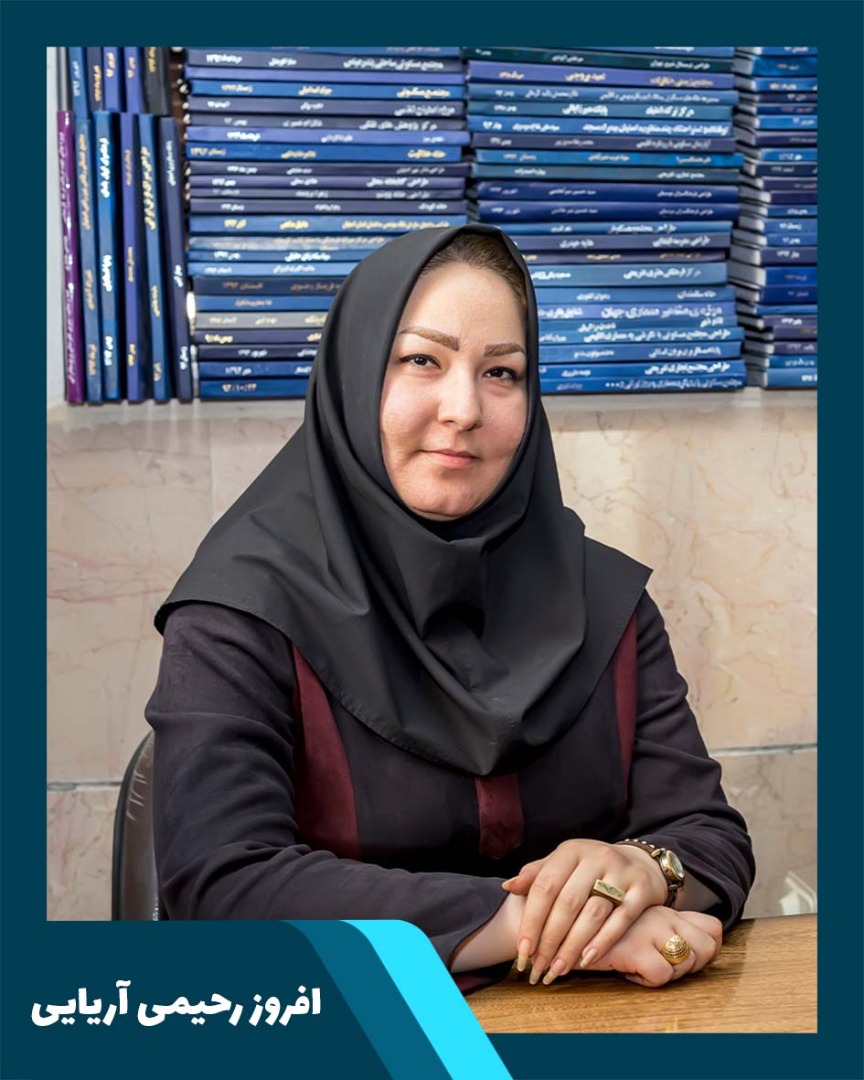
Responsible for coordinating graduate studies
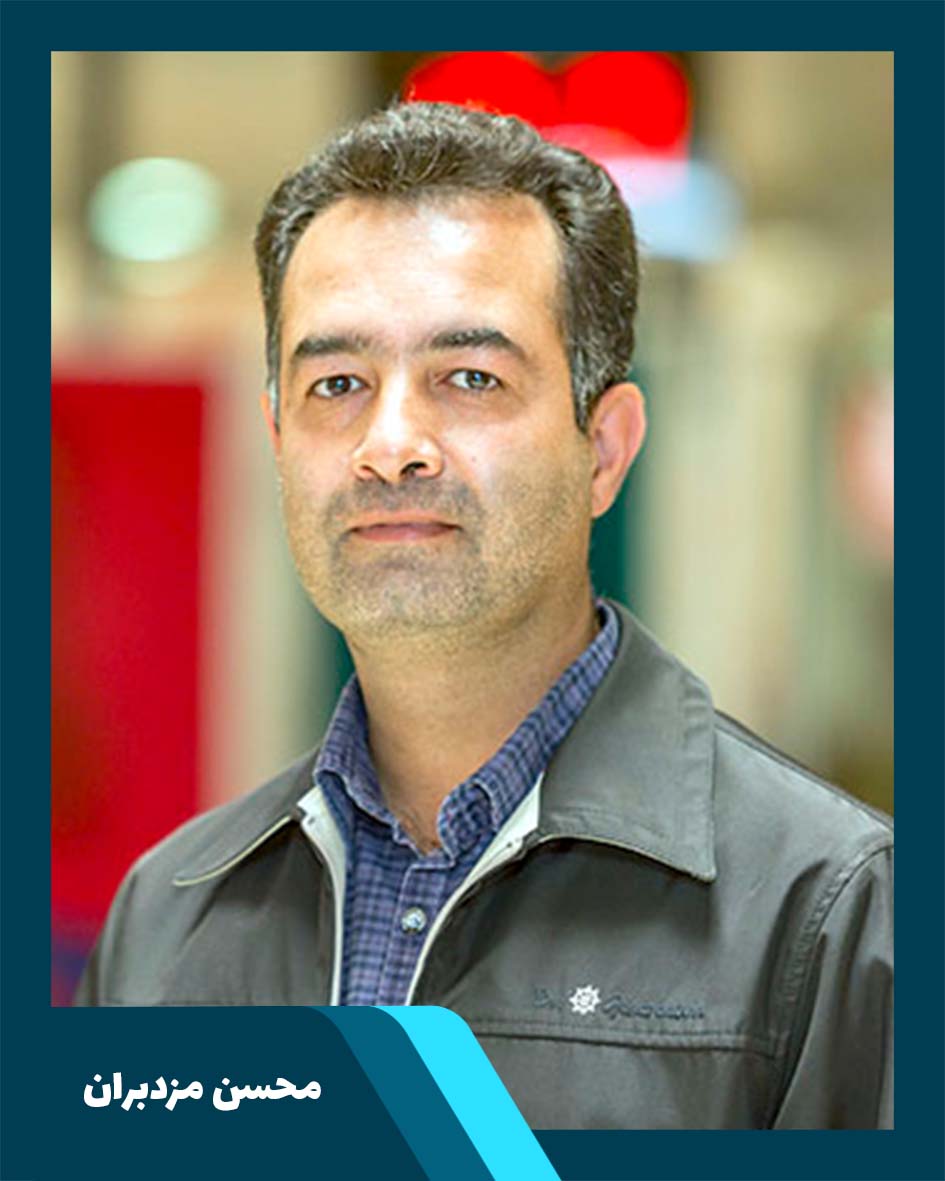
Director of Cinema
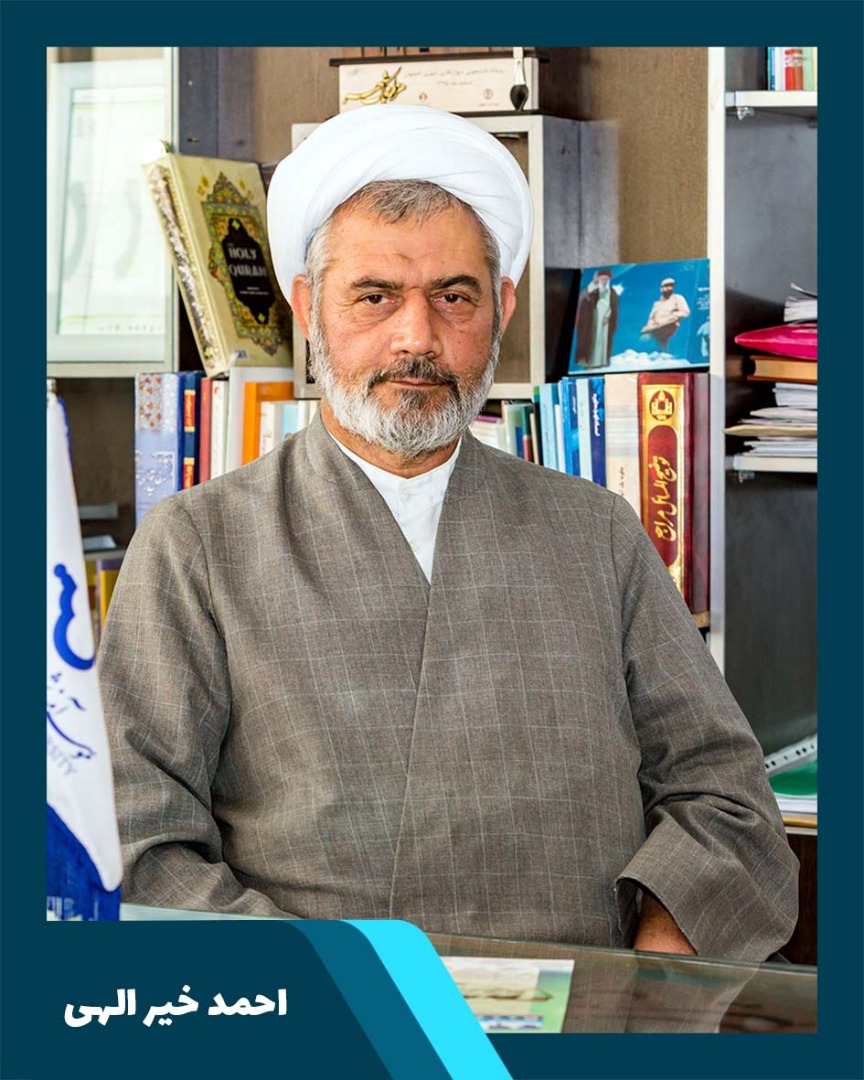
Director of Islamic Education Department

Director of the Painting Group

Theater group director

Music Director
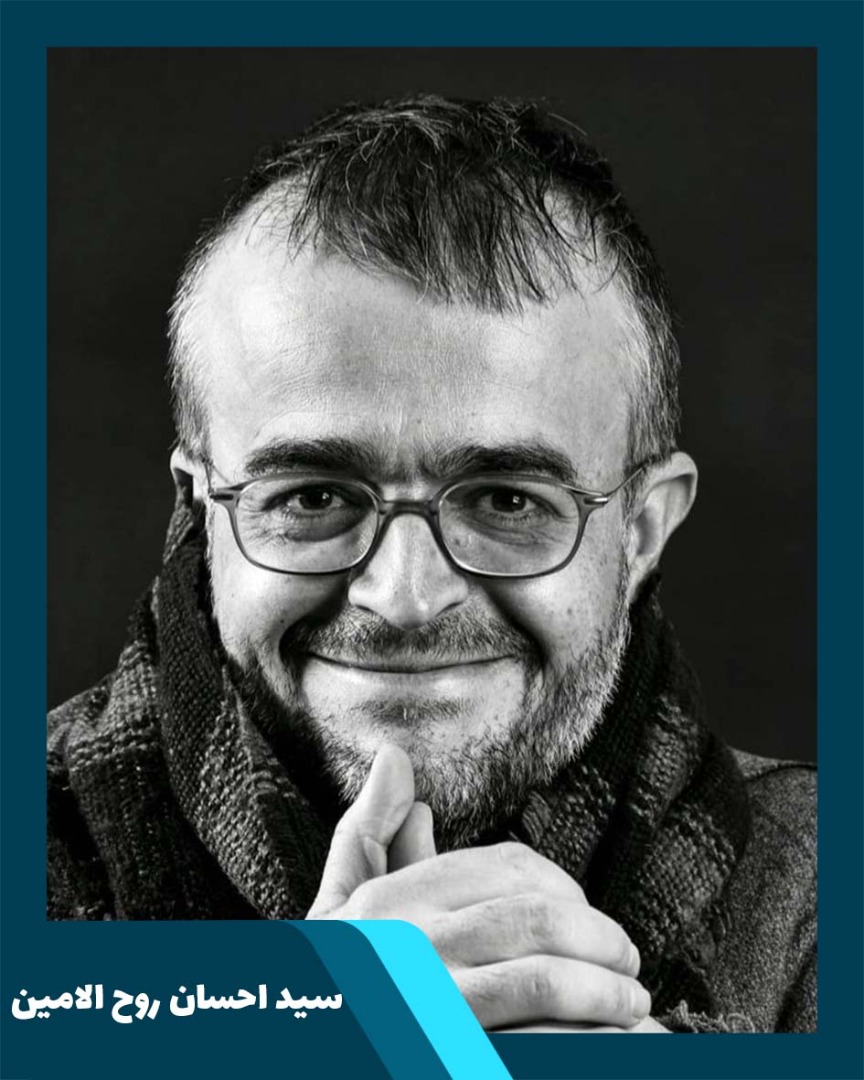
Director of the Graphic Group

Director of Surveying Department
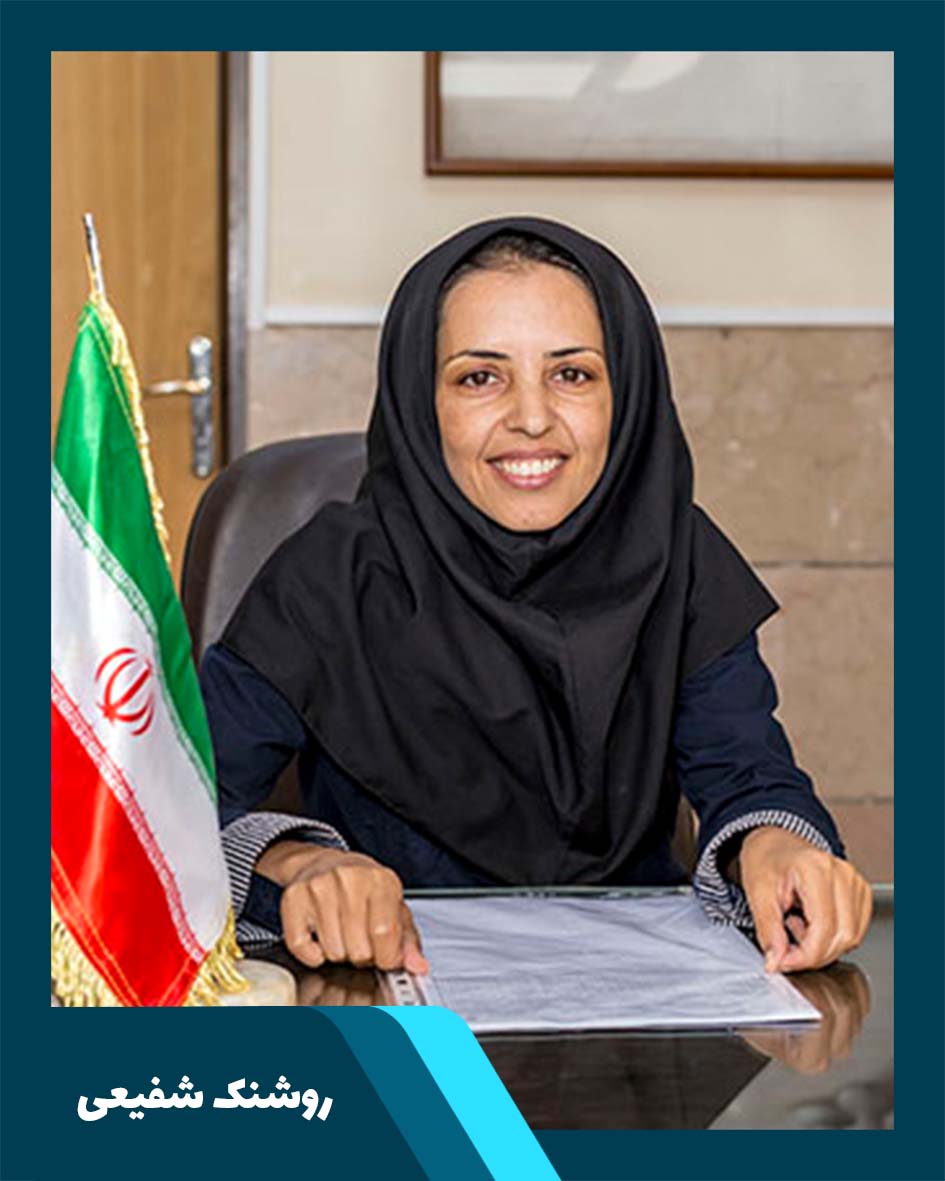
Director of Architecture Department